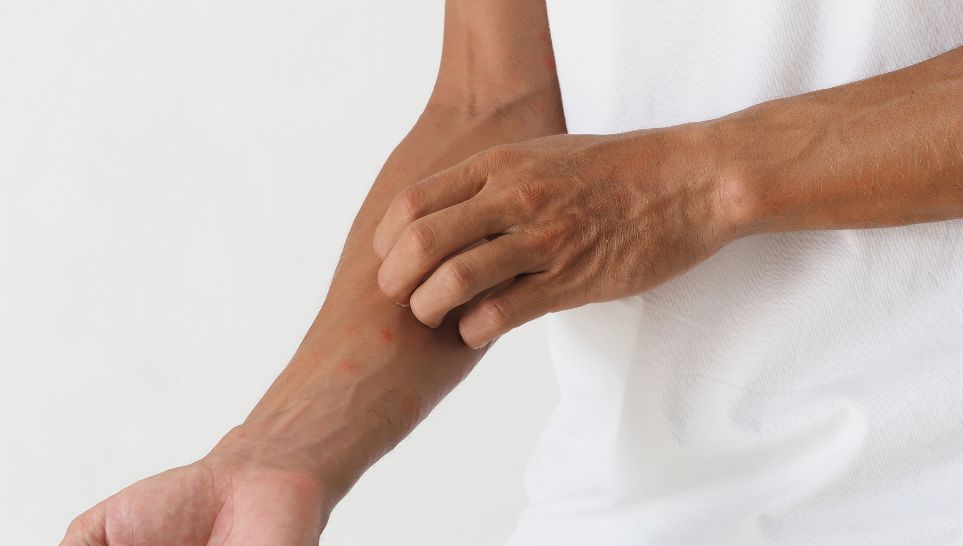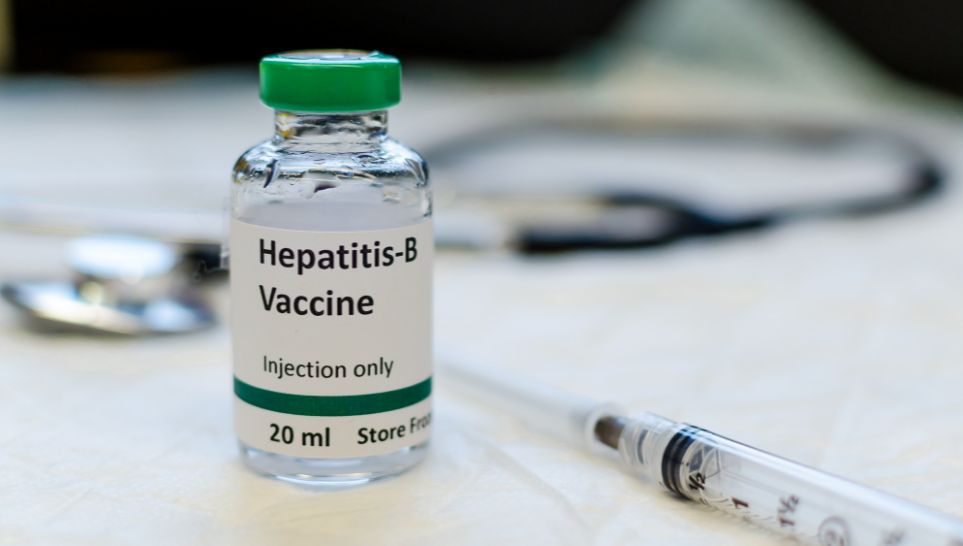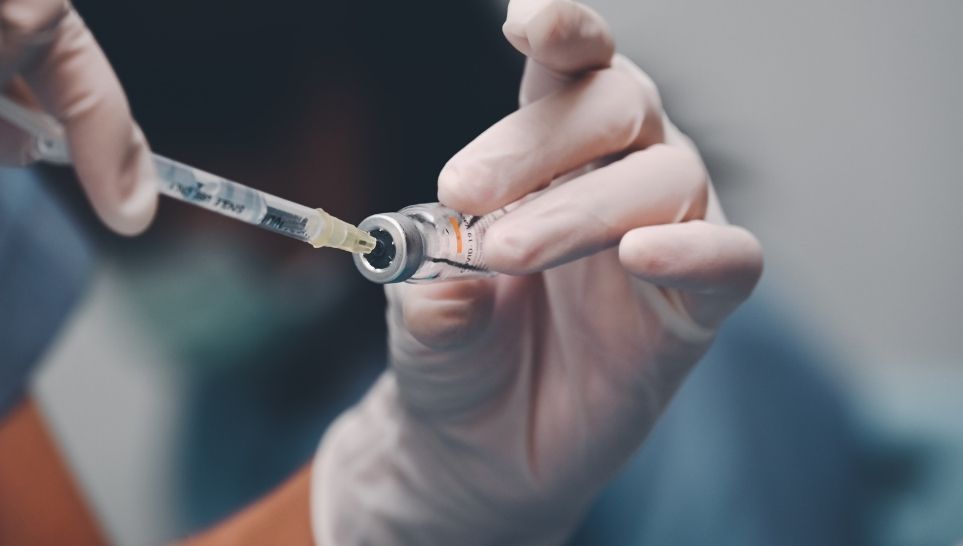Hepatitis B is a virus that causes liver infections and affects millions of Americans. This virus spreads through bodily fluids, and while some people recover from it, it can develop into a chronic, and even deadly, disease.
In the short term, those with the illness can experience either no or mild symptoms. Some mild symptoms can go away on their own or with treatment. When the illness becomes long-term or chronic, however, it can cause cirrhosis, liver failure, and liver cancer. The hepatitis B vaccine offers a way to prevent or protect people from this virus.
The hepatitis B vaccine involves two to four doses and can prevent individuals from contracting the virus or it can completely stop it from developing. Yet, since the vaccine’s creation in the 1980s, some people who get it report adverse side effects.
In this blog, we’ll share some of the serious long-term side effects of the hep B vaccine and precautions you can take before getting the vaccine.
If you or a loved one has suffered side effects from the hep B vaccine, our team at Sadaka Law can help you seek compensation. Call our vaccine injury hotline today at 1-800-810-3457.
Serious Injuries and Reactions Linked To Hepatitis B Vaccine

After taking the Hepatitis B vaccine, many people report few to no side effects. When minor side effects do happen, they usually go away naturally in days or weeks. Some of these side effects include:
- Pain at the injection site
- Nausea
- Vomiting
- Loss of appetite
- Fatigue
While these side effects are common, the Centers for Disease Control and Prevention (CDC) have also reported more serious vaccine injuries and reactions, like Guillain-Barre Syndrome and allergic reactions.
Guillain-Barre Syndrome (GBS)
Guillain-Barre Syndrome (GBS) is a severe autoimmune disorder. Those with GBS have an immune system that attacks the nerves that control their ability to walk, talk, and perform other functions crucial to their quality of life, such as moving their hands.
In most cases, viral infections cause GBS. However, many people have developed GBS weeks after getting the hepatitis B vaccine. Despite this link, the Vaccine Injury Compensation Program does not list Guillain-Barre Syndrome as an official hepatitis vaccine injury.
When someone contracts GBS from the vaccine, symptoms manifest within 3 to 42 days. Through immunoglobulin and plasma exchange therapy, those with Guillain-Barre Syndrome often make a full recovery in six months. However, on some occasions, people never regain full function of their hands or feet.
Anaphylaxis (Allergic Reactions)
Anaphylactic shock is a risk factor that comes with taking many vaccinations. Although rare, it can happen minutes or hours after receiving a vaccine if a person is allergic to an ingredient in the vaccine. Anaphylaxis, as a result of the hepatitis B vaccine, can cause difficulty breathing, a rash, or a cough.
Those presenting with symptoms of anaphylaxis must receive quick treatment, such as epinephrine (EpiPen), antihistamines, and oxygen. When left untreated, the reaction can develop into anaphylactic shock, which causes a drop in blood pressure. This can cause severe long-term side effects or death.
Neurological and Neurodevelopmental Concerns
In rare cases, long-term side effects of the hep B vaccine can affect the brain and nervous system. Neurological and neurodevelopmental side effects can include:
- Shingles
- Peripheral neuropathy (damage to nerves in your arms, hands, and feet)
- Migraines
- Inflammation of the brain
- Seizures
- Multiple sclerosis
Potential Physical Side Effects

Other types of hepatitis B vaccine injuries may be physical. While documentation has traced reports of GBS or anaphylaxis back to the hepatitis B vaccine, other potential physical side effects can be harder to prove as vaccine injuries.
Skin Reactions
Skin reactions as a result of the hepatitis B vaccine, although rare, can also occur. These include:
- Erythema multiforme, which appears as red blotchy lesions on one particular part of the body.
- Erythema nodosum, which presents as reddish and painful lumps down the front of a person’s legs.
- Stevens-Johnson syndrome, which starts with flu-like symptoms, then causes rashes and blistering on the skin.
Shoulder Injuries Related To Vaccine Administration (SIRVA)
Another possible physical side effect of the Hep B vaccine is shoulder injuries related to vaccine administration, also known as SIRVA. These physical side effects happen when medical professionals administer the hep B vaccine in a person’s shoulder too high or too deep, missing the deltoid muscle and instead injecting the vaccine into the shoulder capsule.
Symptoms of SIRVA occur within 48 hours after receiving the vaccine and can include:
- Intense pain in the shoulder
- Inability to fully move the arm
- Swelling in the area of the injection site
Although SIRVA is a severe condition, doctors are not always quick to identify it and link it to the hepatitis B vaccine. For example, doctors may confuse it with frozen shoulder syndrome or a rotator cuff injury. If you or someone you love is experiencing shoulder pain after getting a hepatitis B vaccine, be sure to raise the concern of SIRVA with your doctor.
Hepatitis B Vaccine and Rheumatoid Arthritis Research

There is much documentation on the long-term side effects of the hepatitis B vaccine, like GBS and SIRVA. However, researchers are working to find out if the virus increases the risk of other disorders, such as rheumatoid arthritis.
Researchers with The British Society for Rheumatology sought to find whether reports of rheumatoid arthritis after taking the vaccine were coincidental or held a causal relationship. While researchers concluded that the vaccine may trigger the disease, they also shared that the medical community should plan for more studies.
Research is still ongoing, but if you developed rheumatoid arthritis shortly after getting the hep B vaccine, you may be able to seek compensation.
Hepatitis B Vaccine Effects in Pregnancy and Breastfeeding
Research currently shows no additional adverse hepatitis B vaccine side effects for mothers who are pregnant. Studies on animals also did not reflect any concern for significant congenital disabilities or miscarriages after the hepatitis B vaccine. Research for pregnant women who take the hepatitis B vaccine, Heplisav-B, is underway.
For breastfeeding mothers, it is currently unclear whether the hepatitis B vaccine is present in breast milk. When choosing to take the vaccine, pregnant or breastfeeding mothers should discuss their decision to get the vaccine with their doctor.
Precautions To Take Before Hepatitis B Vaccine
It is indisputable that the hepatitis B vaccine has helped many people avoid the risk of contracting hepatitis B. However, those interested in the vaccine should not ignore the long-term side effects of the hep B vaccine.
With documentation of Guillain-Barre Syndrome, skin reactions, shoulder injuries, and other side effects, those taking the hepatitis B vaccine must take precautions. The best precaution is not taking the vaccine if a person is allergic to an ingredient in the hepatitis B vaccine, yeast, or neomycin. People who are currently managing an illness, such as multiple sclerosis, should consult their doctors before taking the vaccine.
By taking these precautions and monitoring symptoms related to the adverse reactions, those taking the vaccines can reduce the adverse side effects.
Are you or a loved one suffering from the long-term side effects of the hep B vaccine? You may be eligible for compensation from the National Vaccine Injury Compensation Program. To learn more, contact the Sadaka Law firm by calling our vaccine injury hotline today at 1-800-810-3457.






